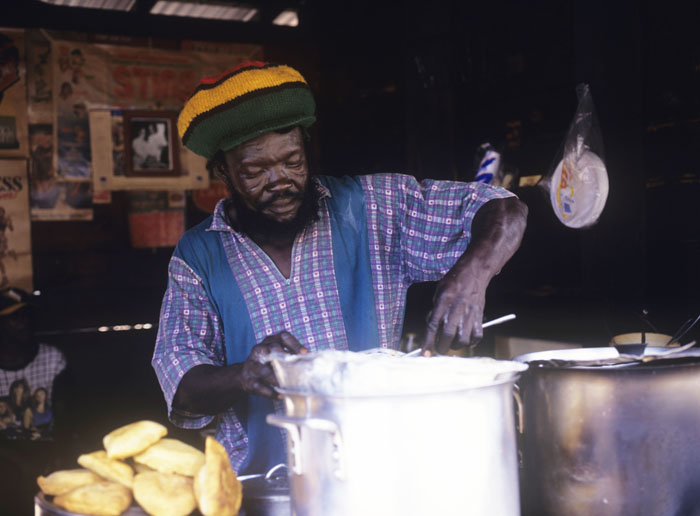Forget fundamentalist Wahhabi Muslims. Could bands of roving Rastafarians be far from wreaking havoc and fear on American society?
That’s what a secret U.S. diplomatic cable written in 2010 and shared by Wikileaks alleges. The cable, issued by an unnamed State Department official from the bureau’s outpost in Kingston, Jamaica, warns that the country’s dizzying domestic crime rate has already had ill consequences for the United States — and it could get worse.
“Although not widely known,” the cable reports, “Jamaicans have been involved in some of the worst or potentially devastating acts of terrorism of the last decade.”
The cable goes on to name some of the highest-profile terror suspects in recent memory.
First, there’s Richard Reid — the man convicted of trying to blow up an American jetliner in December 2001 with explosives hidden in his shoe. Then there’s the infamous Washington, D.C. sniper, Lee Boyd Malvo, who in 2002 paralyzed the region for weeks while he and another shot and killed ten people from the trunk of a car. And don’t forget Germaine Lindsay, the 19-year-old who participated in the 2005 London Underground bombings.
But do these incidents really point to a surging wave of Jamaican terrorism?
As it turns out, the connections to Jamaica are tenuous at best. Reid’s father was Jamaican, but Reid himself was born in Britain. Lindsay emigrated from Jamaica at the age of five. Malvo spent the most time by far in his native country. But even he was barely a teenager when he left.
In fact, there’s little to suggest the suspects’ Jamaican origins had much to do with their individual acts of violence at all. Reid was allegedly radicalized at a London mosque, while Malvo and his co-conspirator, John Allen Muhammad, hatched their plans during time spent together at a homeless shelter in Washington.
None of this appears to deter the diplomat, however, who closes the cable with dramatic flair.
“A societal trend of young men who are quick to resort to acts of violence, and a history of high profile terrorist operations perpetrated by individuals with Jamaican roots, should raise concerns and awareness that history could repeat itself.”






